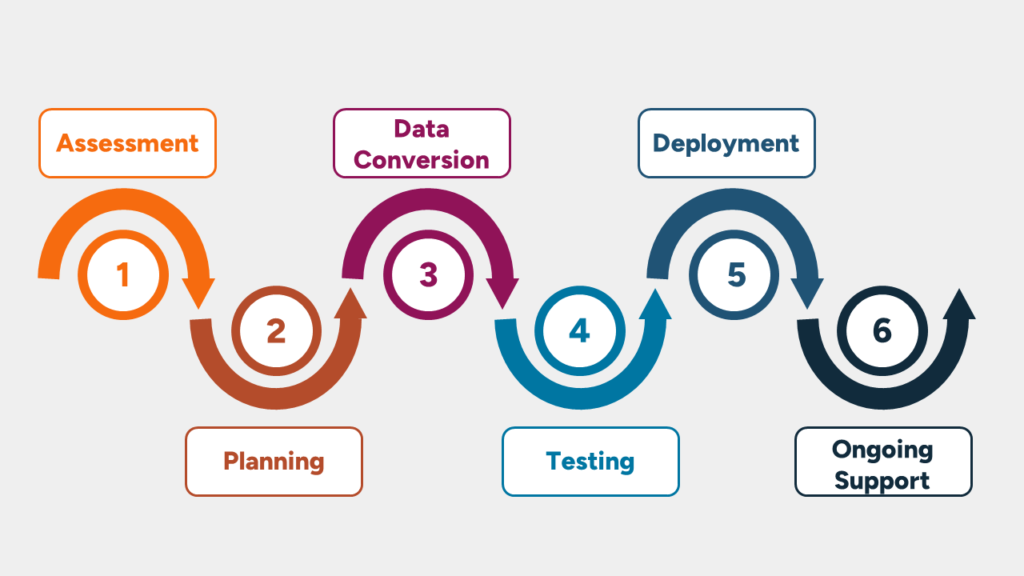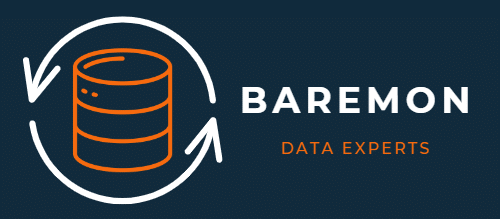Expert Database Upgrade and Migration Services

In the current, rapidly advancing technological environment, regular database upgrades and migrations are critical to ensure security, improve performance, and maintain compatibility with new applications.
However, these processes are fraught with challenges, such as the potential for data loss, downtime, and the complexity of integrating new features without disrupting existing workflows.
The risks also include budget overruns, data breaches during the transfer, and the necessity of retraining staff to handle updated systems, all of which require meticulous planning and robust risk management strategies.
Database migrations, encompassing a spectrum of methodologies, are pivotal in ensuring data remains agile and optimally aligned with evolving IT infrastructures.
Version Upgrades
These involve updating the database to a newer version of the same platform.
The primary goal is to leverage new features and improvements while maintaining compatibility with existing applications and data.
It requires careful planning to ensure compatibility with existing applications and to minimise downtime.
Challenges can include deprecated features and the need for thorough testing.
Platform Migrations
This type refers to moving from one operating system or hardware platform to another while typically staying within the same database technology.
The objective is often to take advantage of better performance, reliability, or cost savings.
It necessitates a deep understanding of the differences between platforms, including file systems, security, and performance characteristics.
Risks include potential incompatibilities at the system level and the need for staff training on the new platform.
Cloud Migrations
These migrations involve moving databases from on-premises data centres to cloud-based infrastructure.
The advantages include scalability, cost-effectiveness, and enhanced disaster recovery capabilities.
It’s important to consider the cloud provider’s compatibility with existing database technologies and to plan for data transfer and security measures.
The challenges often revolve around data sovereignty, latency, and integration with cloud-native services.
Cross Database
This is the process of moving data from one database type to another, such as from Oracle to PostgreSQL.
The aim may be cost reduction, increased performance, or utilisation of specific database features.
It requires a detailed mapping of data types, rewriting of stored procedures, and possibly changes to application code that interacts with the database.
The complexity of such migrations is high, and they can be risky due to the potential for data loss or corruption if not executed meticulously.
Note
In summary, migrations and upgrades are critical processes that can bring significant benefits but must be approached with caution.
Each type has its particular set of advantages and potential pitfalls, and the key to a successful migration lies in thorough planning, testing, and execution.
